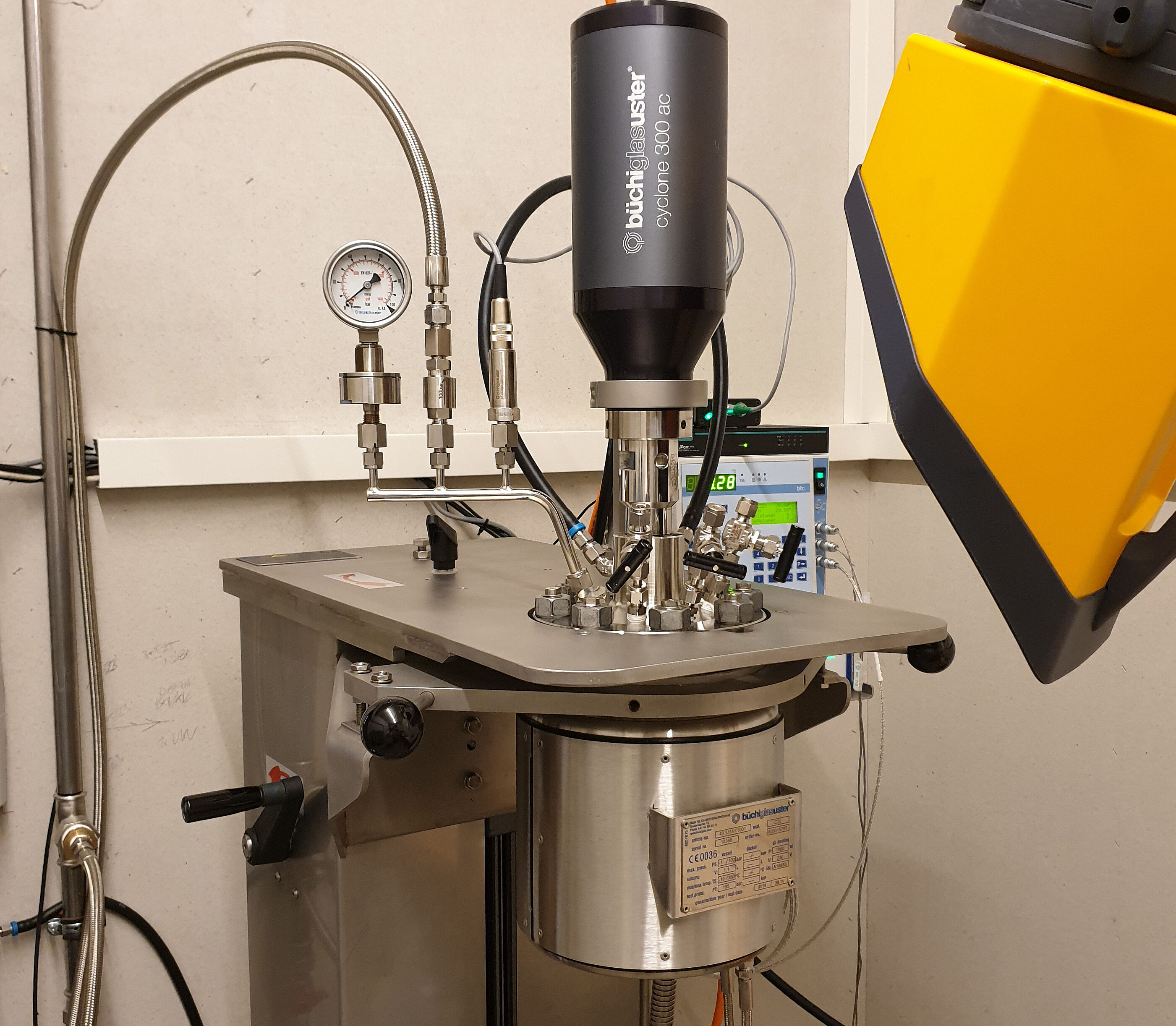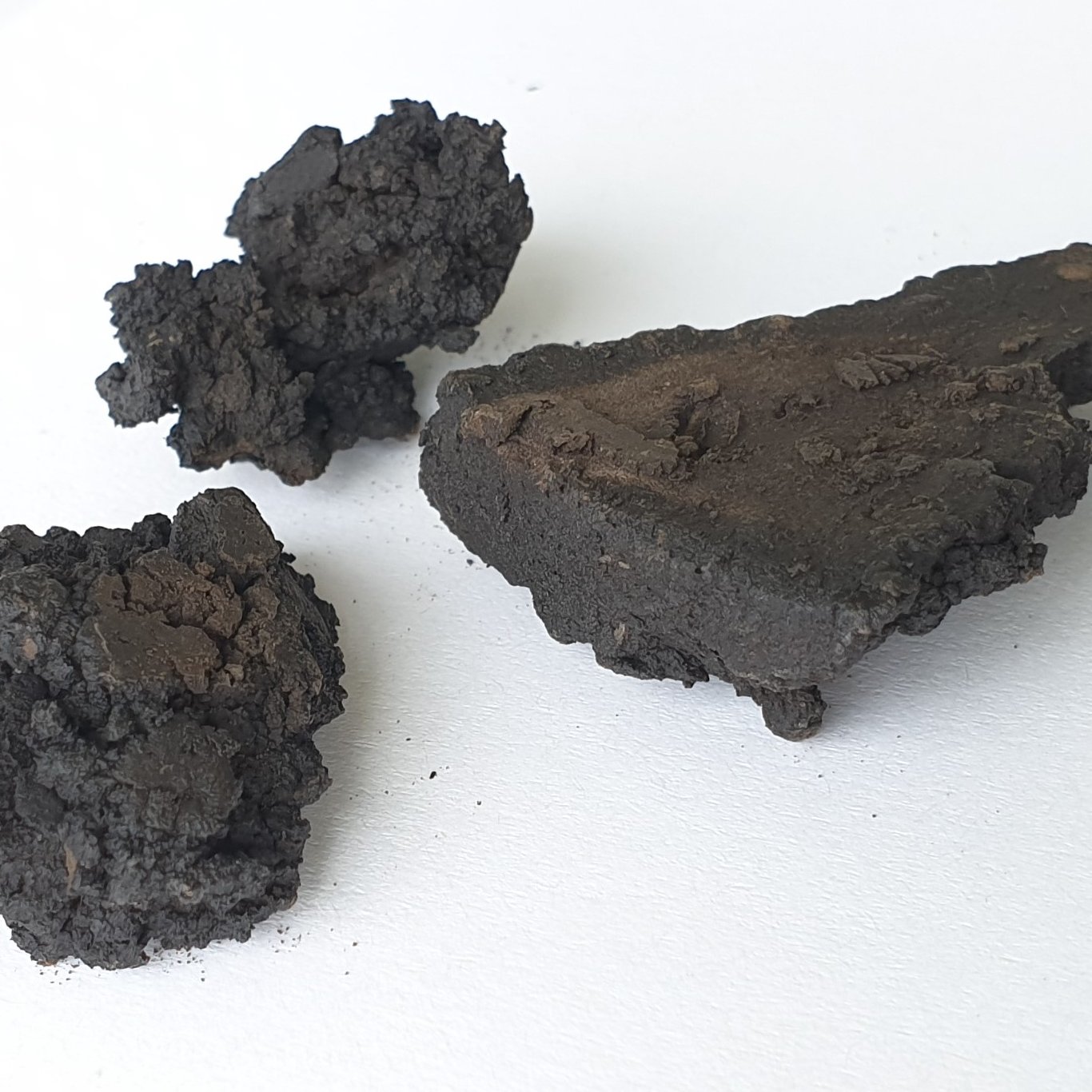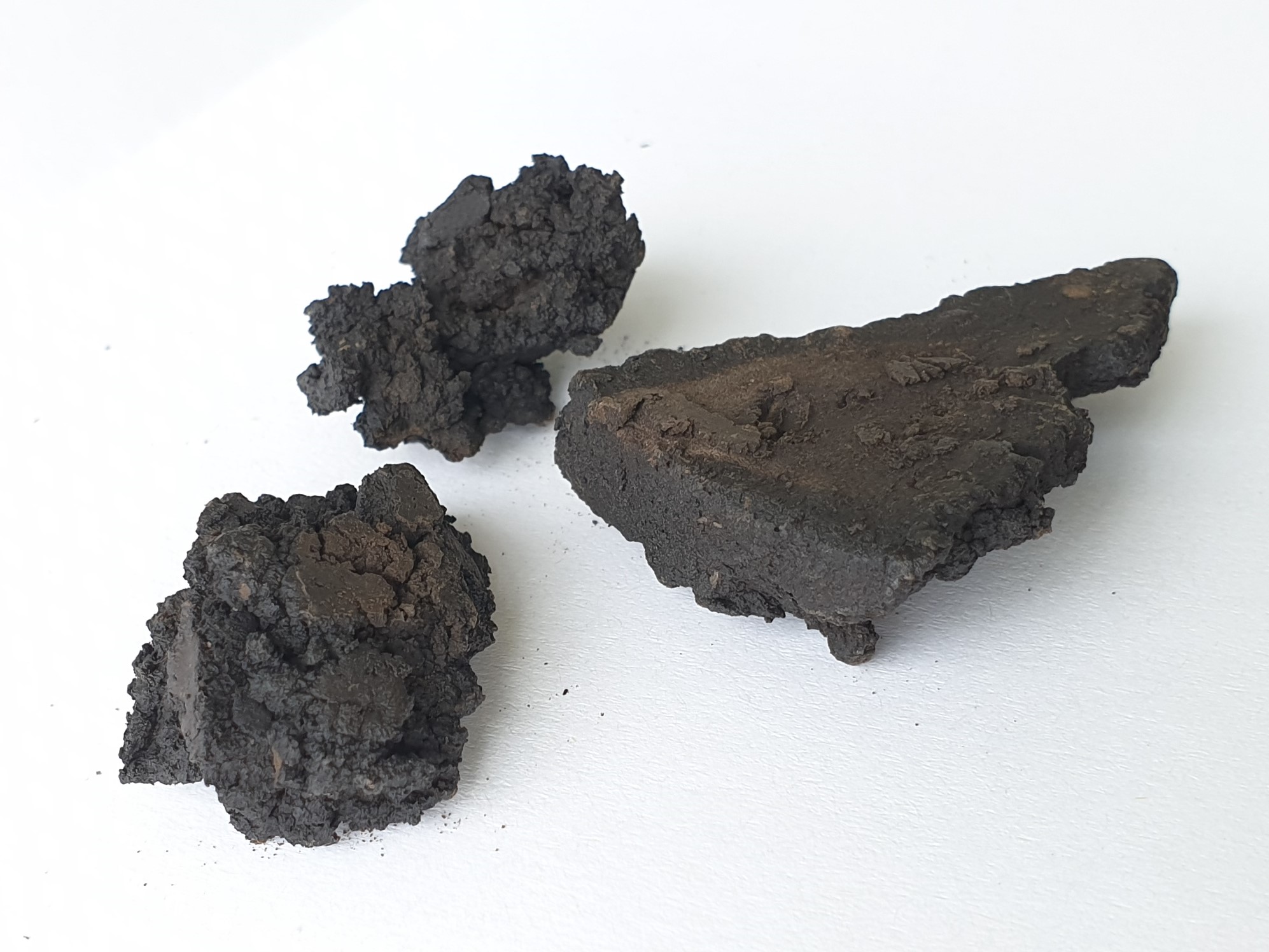

Sustainable coal production in Buchi kiloclave type 3E
Sustainable coal production in Buchi kiloclave type 3E
Reactor: kiloclave 0.5 liter, 1 liter and 5 liter
Material: stainless steel & Hastelloy®
Temperature: 180°C to 250°C
At the Zurich University of Applied Sciences in Wädenswil the production of coal from biomass has been studying for almost a decade.
